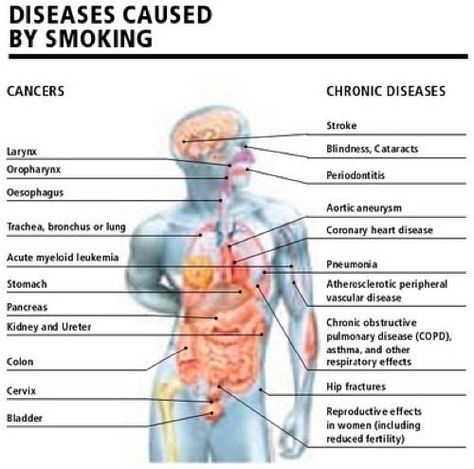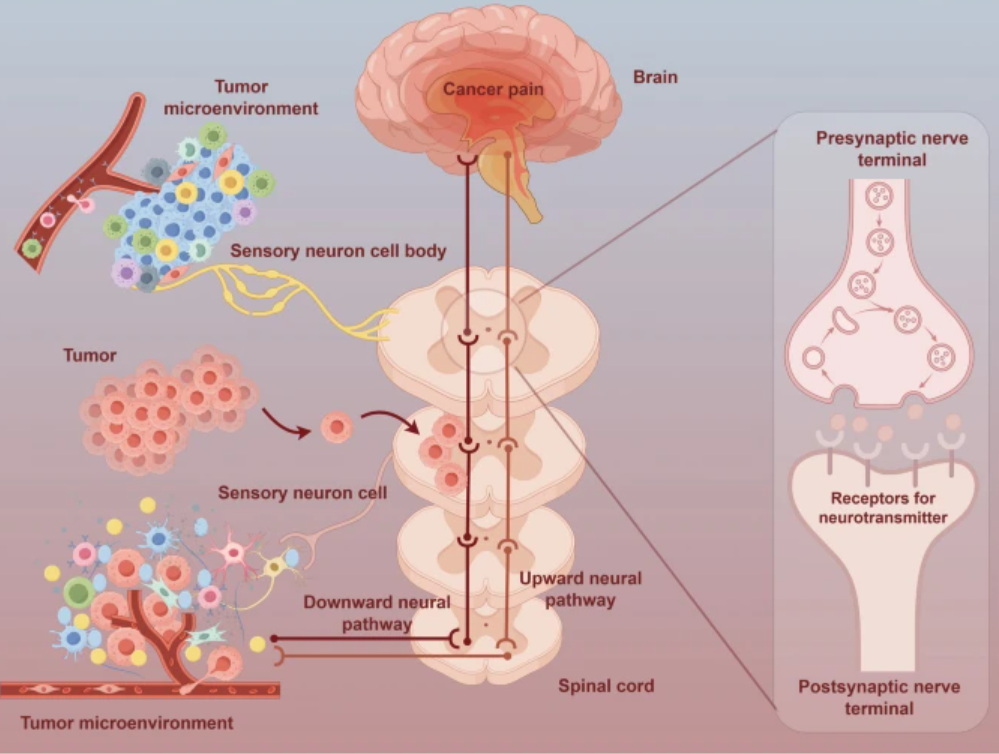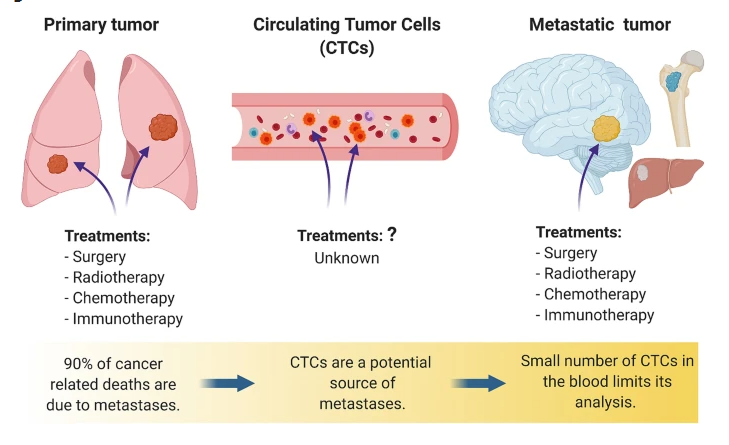Non-Hodgkin Lymphoma (NHL)
Category : Non-Hodgkin Lymphoma (NHL) | Sub Category : Non-Hodgkin Lymphoma (NHL) Posted on 2025-07-02 13:54:13

Non-Hodgkin Lymphoma (NHL) Overview
Non-Hodgkin Lymphoma (NHL) is a type of cancer that originates in the lymphatic system, specifically affecting lymphocytes (a type of white blood cell). Unlike Hodgkin lymphoma, NHL lacks the characteristic Reed-Sternberg cells and encompasses a diverse group of over 60 subtypes, varying in aggressiveness and treatment approaches.
Symptoms
Early stages may be asymptomatic, but as NHL progresses, common signs include:
Swollen lymph nodes (often painless) in the neck, armpits, or groin
Fever and night sweats
Unexplained weight loss
Fatigue
Itching
Abdominal pain or swelling (if the spleen or liver is involved)
Causes and Risk Factors
The exact cause of NHL is not fully understood, but it involves genetic mutations in lymphocytes leading to uncontrolled cell growth. Risk factors include:
Age (more common in individuals over 60)
Weakened immune system (e.g., HIV/AIDS, organ transplant recipients)
Autoimmune diseases
Exposure to certain chemicals or radiation
Family history of lymphoma
Infections (e.g., Epstein-Barr virus, Helicobacter pylori)
Diagnosis
Diagnosis typically involves:
Physical exam to check for swollen lymph nodes
Blood tests to assess overall health and organ function
Imaging (e.g., CT, PET scans) to detect affected areas
Biopsy of lymph node tissue to confirm NHL subtype and aggressiveness
Bone marrow biopsy in some cases to check for spread
Treatment
Treatment depends on the subtype, stage, and patient health, and may include:
Watchful Waiting: For slow-growing (indolent) NHL with no symptoms.
Chemotherapy: Uses drugs to kill cancer cells, often combined with other treatments.
Radiation Therapy: Targets localized areas of lymphoma.
Immunotherapy: Boosts the immune system to fight cancer (e.g., monoclonal antibodies).
Targeted Therapy: Focuses on specific cancer cell characteristics.
Stem Cell Transplant: Replaces damaged bone marrow in advanced cases.
CAR T-Cell Therapy: A newer approach using modified T-cells for aggressive NHL.
Prognosis
Prognosis varies widely based on subtype and stage. Indolent NHL may progress slowly and be manageable for years, while aggressive forms require immediate treatment. Overall survival rates have improved with advances in therapy, but outcomes depend on individual factors.
Disclaimer
This information is for general informational purposes only and does not constitute professional medical advice. Consult a healthcare provider for personalized guidance. For medical emergencies, contact a doctor or, in the United States, call 911 immediately.
Leave a Comment:
SEARCH
Categories
Recent News
- Cancer Pain Medications
- Gastric Cancer (Stomach Cancer)
- New Discovery Links Mitochondrial DNA to Immunotherapy Success in Cancer Treatment
- John’s Journey: Healing Through Lifestyle and Natural Remedies
- The truth about finding a cure for cancer
- Federal Government Commissions Three Oncology Centres to Strengthen Cancer Care in Nigeria
- Nigeria Advances National Cancer Control Efforts
- Nigeria’s Biggest Cancer Awareness Walk by Mukhtasar M. Alkali
READ MORE
2 months ago Category : Tell us your Story

Cancer Pain Medications
Read More →2 months ago Category : Gastric Cancer

Gastric Cancer (Stomach Cancer)
Read More →3 months ago Category : Colorectal Cancer

New Discovery Links Mitochondrial DNA to Immunotherapy Success in Cancer Treatment
Read More →3 months ago Category : Tell us your Story
